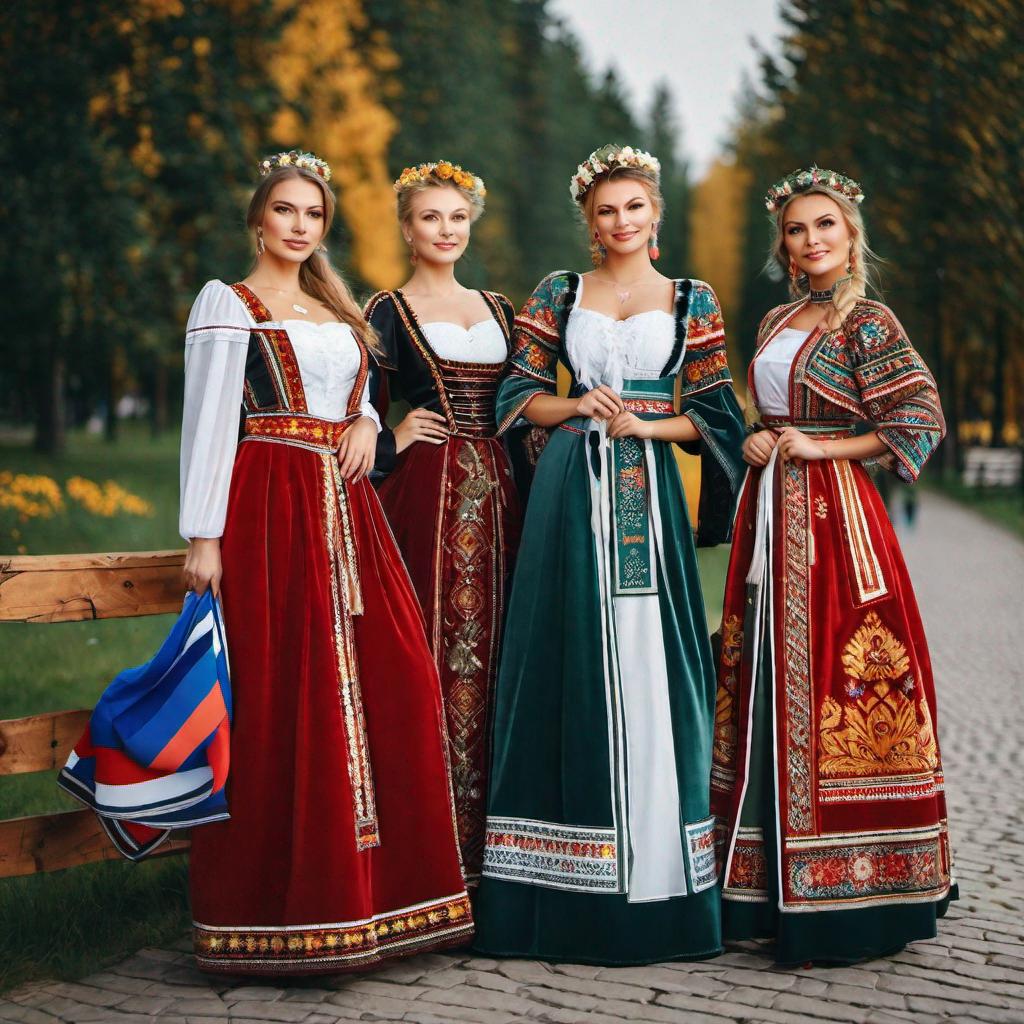Volga German Descendants: Where Are They Now?
The Volga Germans, originally settlers along the Volga River in Russia, have witnessed significant migrations over the centuries. While adversity has often driven their journeys, their indomitable spirit and rich cultural tapestry remain intact. Today, their descendants are spread across various continents, with each community retaining distinct elements of the Volga German heritage.
Beginning in the late 19th and early 20th centuries, a large number of Volga Germans sought better futures in the Americas. Escaping from the socioeconomic challenges and religious constraints in Russia, they were drawn by the promise of land, economic opportunities, and the allure of religious freedom in the New World.

Within the United States, the allure of the Great Plains' fertile land was irresistible. States like Kansas, Nebraska, and Colorado saw burgeoning Volga German settlements. These settlers brought with them unique farming techniques, contributing significantly to the agricultural development of these regions. Their legacy is still palpable, with many towns celebrating Volga German traditions and festivals.
South America, with its vast landscapes and opportunities, became another beacon for these settlers. Countries like Brazil, Argentina, and Paraguay witnessed the growth of Volga German communities. Here, they established colonies, enriching the local culture with their traditional dances, food, and customs.

Post the collapse of the Soviet Union, the German government's open-arm policies recognized the rights of ethnic Germans from Russia. This facilitated a 'return migration' to Germany for many Volga Germans. In contemporary Germany, they have integrated into the societal fabric while establishing cultural centers and events to keep their unique identity alive.
While many sought homes away from Russia, a certain segment of the Volga Germans, driven either by nostalgia or economic reasons, opted to return to Russia or move to Ukraine. Though their numbers might be smaller compared to the American or German diaspora, their decision to return stands as a testament to the enduring connection to their ancestral lands.
The cultural legacy of the Volga Germans isn't restricted to where they reside. It's in the cuisine, the music, the festivals, and most importantly, in the stories passed down through generations. Their churches, often affiliated with the Lutheran traditions, remain central to community life, preserving religious practices and serving as focal points for gatherings.

In conclusion, the tale of Volga German descendants is one of movement, adaptation, and enduring cultural pride. From the Americas to Europe, and back to the landscapes of Eastern Europe, their story is a testament to the human spirit's ability to find home, build community, and keep traditions alive against the backdrop of ever-changing geopolitical landscapes.